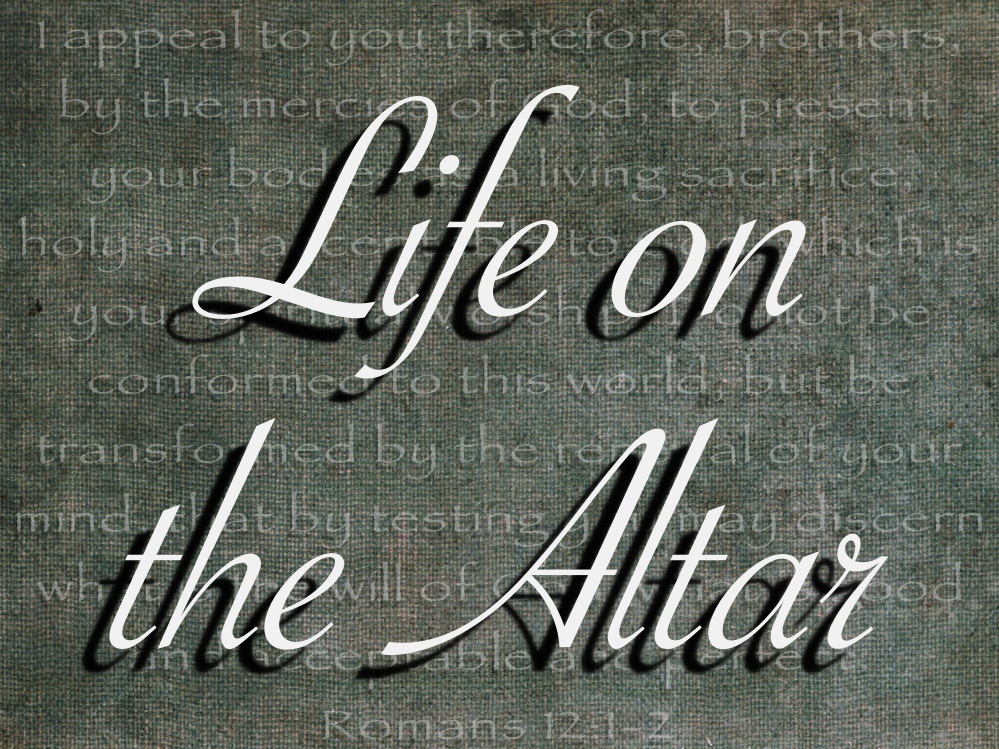Flipping the Script on the World’s Agenda
Written by Pastor Jim Law, Posted in Uncategorized

Timothy Lane and Paul Tripp in their very helpful book, How People Change, introduce their readers to a man and his wife, “Phil” and “Ellie.” Phil was not only familiar with Scripture and systematic theology, but also boasted of an extensive library of biblical commentaries by the “who’s who” of theological writers. Yet, even with this impressive spiritual resume, there was something wrong with Phil’s life. Lane and Tripp wrote, “If you were to turn from Phil’s library and watch the video of his life, you would see a very different man.” (Timothy S. Lane and Paul David Tripp, How People Change. New Growth Press: Greensboro 2008, p. 1)
What did Lane and Tripp mean? Well, Phil gave the appearance that all was in order. “He had the theological dexterity of a gymnast, but he lived like a relational paraplegic.” (Ibid, p. 1) His marriage, while outwardly portraying health, was really on a lifeline because of his harsh and impatient responses to his wife. His relationship with his children was distant at best. He was not satisfied with his job, and one could assume that he was in a constant scrimmage with his boss(es). What was unstable in these areas was also true of church life where he was working on his fourth church in three decades. Despite his outward persona of being a mature believer, his problems siphoned off time and power for meaningful ministry. Love, grace, and joy were not the fruit of Phil’s life.
From the outside, no one would have guessed this disparity in Phil’s life. This seemed to add to Ellie’s frustration with the church. Because no one understood what Phil was really like, Ellie had to fight bitterness when he was asked to lead a Bible Study or take a leadership role. When things began to unravel and they final pursued counseling, “They had given extensive history of their situation, yet there was little or no reference to God. Here was a theological man and his believing wife, yet their life story was utterly godless.” (Ibid, p. 2)
Lane and Tripp called this discrepancy the “Gospel Gap,” which they defined as “a vast gap in our grasp of the gospel. It subverts our identity as Christians and our understanding of the present work of God. This gap undermines every relationship in our lives, every decision we make, and every attempt to minister to others. Yet we live blindly, as if the hole were not there.”(Ibid, p. 2)
I believe Romans 12 provides insight into how the gap is closed between what we know and how we live. The opening verses in this monumental chapter give to us an explanation of the Christian life from different perspectives. In v. 1, we have a graphic picture of our lives given to God as living sacrifices. This offering of ourselves to God captures all of life and is indeed defined as true spiritual worship. In v. 2, we read of a transformation by the mercies of God found in Christ and nurtured by the renewing of our mind. The fruit of such surrender is living and doing the will of God.
How do we truly change? How do we close the Gospel Gap in our lives?
(more…)